Pak Nam-gi, the former director of the Planning and Finance Department of North Korean Workers' Party, was shot dead by a firing squad in Pyongyang over the North's disastrous currency reform, sources said.
A North Korean source said Pak was executed at a firing range in Sunan District early this month after the botched reform led to widespread protests with increasing public complaints and threatened the succession of North Korean leader Kim Jong-il's son Jong-un.
Radio Free North Korea said rumors starting in Pyongyang have circulated far and wide that Pak (76), who was in charge of the economy, took the fall for the disaster. But the Unification Ministry said the rumor have not been confirmed.
![North Korean leader Kim Jong-il (center), accompanied by senior officials including the Workers Partys Finance Director Pak Nam-gi (second from right), visits a new swimming pool at Kim Il-sung University in March last year. /[North] Korean Central News Agency-Yonhap](http://english.chosun.com/site/data/img_dir/2010/03/19/2010031900297_0.jpg) North Korean leader Kim Jong-il (center), accompanied by senior officials including the Workers' Party's Finance Director Pak Nam-gi (second from right), visits a new swimming pool at Kim Il-sung University in March last year. /[North] Korean Central News Agency-Yonhap
North Korean leader Kim Jong-il (center), accompanied by senior officials including the Workers' Party's Finance Director Pak Nam-gi (second from right), visits a new swimming pool at Kim Il-sung University in March last year. /[North] Korean Central News Agency-YonhapAmid the famines of the 1990s, the regime in September 1997 tried to appease public sentiment by publicly executing So Kwan-hi, the then party secretary for agricultural affairs, branding him as a "spy of the U.S." So was charged with having deliberately aggravated food shortages in collusion with Washington.
Pak was according to sources accused of being a "bourgeois infiltrator" who deliberately ruined the national economy. He was earlier dismissed after intense criticism at a senior party meeting in mid-January.
But the sources said North Koreans seem unconvinced. Rice prices skyrocketed after the December currency reform replaced old won with new one at a rate of 100:1 in an apparent attempt to strangle the nascent market economy.
Pak had been in charge of the North's economy for more than 20 years, working as the party secretary for light industry since 1984 and as the chairman of the State Planning Commission since 1986.
He was replaced briefly in the early 2000s by then prime minister Pak Pong-chu, when the North introduced a modicum of market freedom. But when he was appointed as the director of the party's Planning and Finance Department in 2005, he vowed to put an end to the "capitalist fantasy."



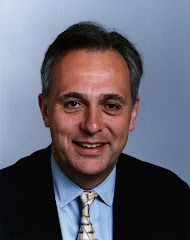
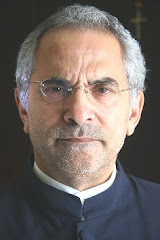
















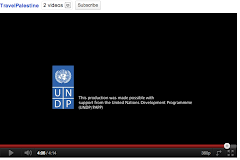

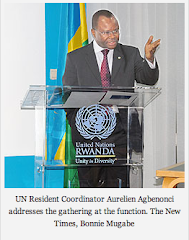



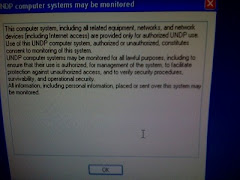

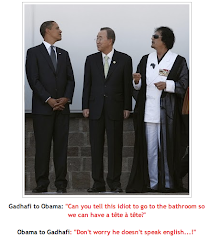
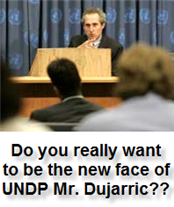






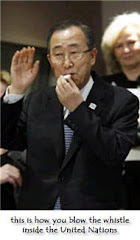
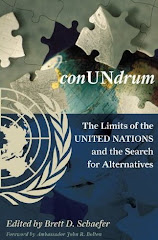


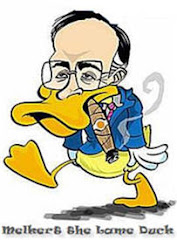


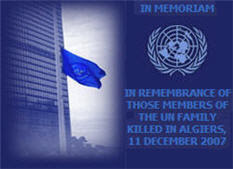


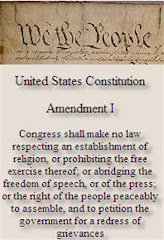
No comments:
Post a Comment